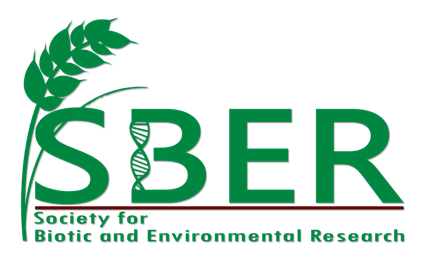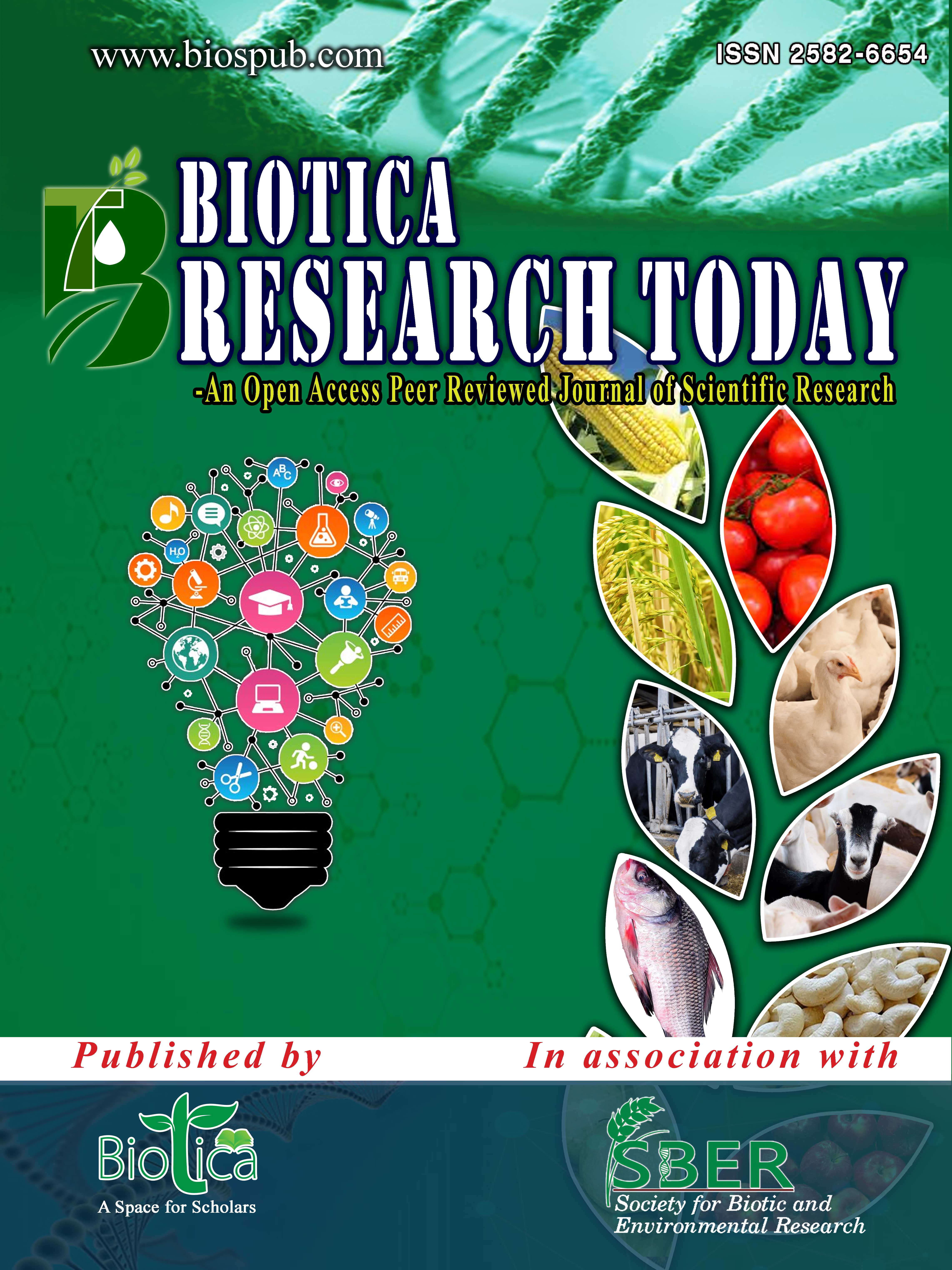Best Management Practices for Sustainable Agriculture
DOI:
https://doi.org/10.54083/ResBio/5.2.2023/85-96Keywords:
Biological control, Conservation agriculture, Habitat management, Natural farming, Precision farming, Sustainable agricultureAbstract
The present estimate of the number of people on Earth is 8 billion, but by the middle of the century, it is predicted to reach 9 billion. Simultaneously, the cultivable farm land is being lost to expanding urban areas, industrialization and climate change. The recent World Bank Report estimated that to feed 9 billion people, food production needs to scale up by 70% by 2050. In the present context, the significance of sustainable agriculture is crucial in ensuring the sustenance of the population and mitigating the adverse effects of climate change. Environmental protection, resource conservation, soil fertility maintenance and improvement are the key goals of sustainable agricultural practises. Sincere efforts have been taken to discuss the various sustainable agriculture methods and practices in this assessment.
Downloads
Downloads
Published
How to Cite
Issue
Section
License
Copyright (c) 2023 Research Biotica

This work is licensed under a Creative Commons Attribution-NonCommercial-NoDerivatives 4.0 International License.
Submission of a manuscript implies that when the manuscript is accepted for publication, the authors agree to automatic transfer of the copyright to the publisher (or grant the Publisher exclusive publication and dissemination rights). The Biotica, as the publisher, has the right to enter into any agreement with any organization in India or abroad engaged in reprography, photocopying, storage and dissemination of information contained in this journal. The Biotica has no objection in using the material, provided the information is being utilized for academic purpose but not for commercial use. Due credit line should be given to Biotica where information will be utilized.









 |
|


